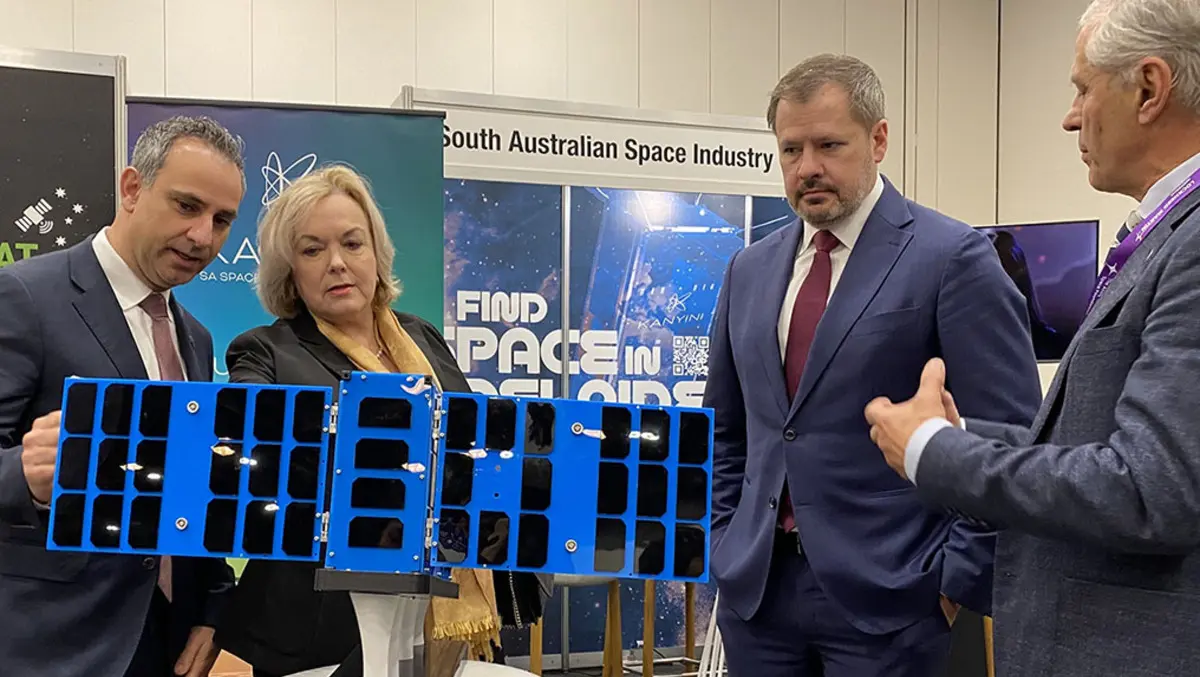
Australia-New Zealand to launch joint space research projects
SmartSat Cooperative Research Centre (SmartSat) has announced the launch of the first four research projects under the joint Australia-New Zealand Collaborative Space Program. The projects are a result of a partnership with New Zealand's Ministry of Business, Innovation and Employment (MBIE).
The initial projects are set to commence in August 2024. They aim to address a range of issues including monitoring methane emissions, enhancing real-time greenhouse gas monitoring, managing free space optical communication nodes across both countries, tracking space objects more effectively, and developing a joint Australia-New Zealand concept for maritime domain awareness.
Professor Andy Koronios, CEO of SmartSat, highlighted the importance of this cooperation. "In a significant advancement for Trans-Tasman space collaboration, this partnership between Australia and New Zealand in the space sector demonstrates our commitment to leveraging our combined strengths and resources. These projects are a testament to our shared vision of driving innovation and developing capabilities that will not only benefit our respective countries but also contribute to global advancements in space technology," he said.
The collaboration aims to build long-lasting partnerships between Australian and New Zealand researchers. It seeks to create platforms for larger-scale future research collaborations, help develop talent, consolidate joint expertise, and support research and development that aligns with industry and end-user needs. The research will also address significant environmental, economic, and social challenges by leveraging scientific collaboration and the unique geographical advantages offered by the southern hemisphere location, clear skies, and varied topography of Australia and New Zealand.
Chief Research Officer of SmartSat, Dr Carl Seubert, emphasised the broader impact of the initiative. "We’re excited to be driving international research collaboration, and bringing Australian and New Zealand research organisations together to tackle significant issues through innovative space R&D. Initiatives such as this are essential to foster the development of space technology and amplify its impact to solve environmental, economic, and social challenges on Earth," he said.
In addition to announcing the initial projects, SmartSat has also opened a call for submissions for further funding opportunities under the programme. SmartSat and MBIE are inviting proposals for collaborative six-month feasibility studies. The grants offer up to AUD $100,000 for Australia-based research activities or up to NZD $100,000 for New Zealand-based research activities. The objective is to harness the complementary resources and expertise of both countries to drive innovation and growth in the space industry.
The funded projects are:
"Verifying MethaneSat Livestock Methane Emission Estimates in New Zealand and Australia Using Ground and Airborne Observations," involving the University of New South Wales, National Institute of Water and Atmospheric Research (NIWA), and the University of Wollongong. This project aims to verify MethaneSat's livestock methane emission estimates in both countries using ground and airborne observations.
"A Feasibility Study into the Governance and Management of a Network of Free Space Optical Communication Nodes Across Australia and New Zealand," conducted by the University of South Australia and the University of Auckland. This study will explore the governance and management of a network of free space optical communication nodes, addressing technical and operational challenges of Earth-to-space optical communications.
"Supporting the SatPing Initiative with Observation, Modelling, and Hardware Development," undertaken by Curtin University, Nova Systems, and the University of Auckland. This project aims to enhance space situational awareness by improving the tracking of objects in Earth's orbit.
"Monitoring the Southern Indo-Pacific from Space: The Takah Mission," which involves SmartSat and Restore Lab. This initiative seeks to develop a joint Australia-New Zealand mission concept focusing on maritime domain awareness and the advancement of synthetic aperture radar (SAR) technologies for environmental and security monitoring.
Under this naming convention, all funded and potential research endeavours are geared towards realising advanced cooperative frameworks in the space sector, ultimately benefiting both countries and the broader global community.


